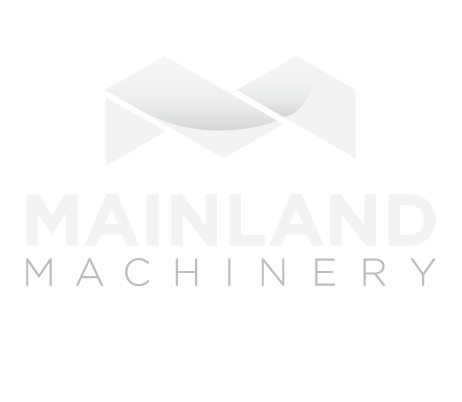Canadian Petroleum Engineering Schools
 Canadian Petroleum Engineering Schools: Reputable Petroleum Engineering Schools in Canada to Consider
Canadian Petroleum Engineering Schools: Reputable Petroleum Engineering Schools in Canada to Consider
Planning to launch your career in oil and gas? The first step to becoming a desirable employee is getting a great education under your belt, which will prepare you for the challenges of working in the oilfield. The industry is in particular need of engineers from all disciplines, especially petroleum engineers. In fact, the Petroleum Human Resources Council of Canada estimates the oil and gas industry will need roughly another 1,100 petroleum engineers by 2015.
One incentive for pursuing this career path is the high wages petroleum engineers earn. The average income is $141,000 Canadian, with a top end around $282,000. In fact, petroleum engineering is considered the highest paying engineering jobs in the world according to mycanadianuniversity.com.
To provide background on what petroleum engineers do, they’re the people on the oil and gas team who assess costs and viability of drilling projects, and design the methods for extracting oil. The education required for this career is intensive, and not all schools offer petroleum engineering programs. Instead, many working petroleum engineers have backgrounds in chemical or mechanical engineering. That means that you can put yourself ahead of the pack by getting the best specialized education.
This university in the heart of the Canadian prairies offers a BSc in petroleum engineering, and it is the only school in Canada with international accreditation and recognition. It also offers an Msc, MEng, and PhD in petroleum engineering, giving students access to long-term education in its well-funded facilities.
The Memorial MSc is in Oil and Gas Engineering, meaning it covers both oil and natural gas engineering. There’s also an opportunity to work in an internship as part of the program. The school also offers programs in Process Engineering — which focuses on modifying materials like oil for use in products — and Environmental Systems Engineering and Management — which covers remediation, environmental law, and arctic offshore drilling.
There are two options here: A MEng in Petroleum engineering, or an MEng or PhD in Mineral Resource Engineering with a focus on petroleum. Both programs offer research opportunities for students, with the rare opportunity to study cutting-edge challenges like offshore drilling, ocean fluids, and reservoir engineering.
The University of Regina’s program is connected to the Petroleum Technology Research Centre, a facility used for research into all areas of petroleum production, from oil recovery to carbon storage. Its mandate is to improve petroleum recovery rates while reducing the environmental footprint of the industry. The connection gives BSc, MEng, MSc and PhD students a high level of hands-on training.
The BSc in Oil and Gas Engineering at the University of Calgary covers geological principles, thermodynamics, and mass conservation alongside practical courses on oil field safety, well testing, and drilling. Set in the heartland of oil production, the potential professional links here are excellent.
Northern College of the Atlantic
Northern College of the Atlantic offers a three-year program, with a minimum of 12 weeks work experience. This combination builds an excellent base of technical knowledge and builds it up with a strong foundation in real-world lessons.

